I ditched HubSpot. Elon ditched Salesforce. Your move.
Shall we find out why the future is CRM-less?
The CRM used to be the most powerful commercial tool. We build predictable revenue engines in the CRM to drive growth. We do this by testing new ideas and improving efficiency in the revenue engine. And let’s be real, we’re good at it.
But the same search for efficiency should apply to the CRM itself. We have to ask ourselves: is the value we get from the CRM worth the investment? Are we just renewing the subscription out of habit? Aren’t we annoyed by the price hikes at renewal? I can point you to more than 20 CFOs and CEOs who are.
Klarna was the most vocal example, replacing its CRM with point solutions and databases (more on the importance of databases later). Elon Musk has mentioned multiple times his resentment toward Salesforce at Tesla and X.
This isn’t just Salesforce-bashing. HubSpot is even worse.
If enterprises with complex use cases can move away from CRMs, SMEs can do it even easier.
Why CRMs have become so annoying
1. Horrible paywalls
My biggest frustration with HubSpot is feature limitations. They lure you in with an “affordable” all-in-one solution, but once you’re in, it looks like this:
Product limitations everywhere. We pay a few thousand euros per year for that view. Depressing.
I just need a few extra features, but to get them we’d have to pay 7× more. It’s a joke.
2. User based pricing is a rip-off
Why do we have to pay per user seat? It was the norm for years, but now more alternatives are popping up, including outcome-based pricing. This makes sense. Some users log in once every few months, others use it daily.
And let’s be honest: what are most people doing in the CRM?
In 90% of cases, they enter data and then retrieve it. You can do that for free in Excel or Google Sheets (many sales reps do, despite our nudges to use the CRM). Most people use CRMs like clerks for data entry. There are cheaper ways to do that.
3. Innovation stoped decades ago
Salesforce innovates at a snail’s pace. HubSpot is still catching up. Dynamics gives their CRM away for free just to get traction. When was your last “wow” moment in a CRM?
I spend time in various CRMs every day. The best reaction I’ve had to a new feature in recent years was, “Ah, ok. Fine.”
Investors lost trust in CRMs
It’s not just users who dislike CRMs. The two charts below tell you what investors think of CRMs:
Compare CRM stocks to the NASDAQ100.
Tech is moving forward. CRMs aren’t.
My personal story in replacing HubSpot
Paywalls, user-based pricing, and low innovation finally made me lose trust. We started replacing HubSpot at Revenue Wizards with a custom build around a data warehouse and point solutions.
We don’t know exactly how it will look yet, but the building blocks will be:
Data warehouse in the middle
Loops for marketing automation
Slack integration to chat with data (read, write, edit)
n8n for automations and integrations
Stripe, Granola, Loops, Framer, etc.
APIs to sync emails from Google Workspace to the data warehouse
Want to learn how? Join our RevOps Essentials course.
The future is even more data warehouses
Look at Snowflake’s stock:
Or Oracle’s (most of their revenue still comes from databases).
Data is king. No news there.
A CRM is basically a relational database with a UI, API calls, and simple back-end logic. Can you build that yourself? Yes.
What’s at the center? A data warehouse.
Practical recommendations: Store all CRM, ERP, Marketing, and any other commercial data in your data warehouse. Actually, store all data: HR, Legal, Product, and memes in your data warehouse. You never know when it’ll be useful.
Once all your data is there, you can combine it any way you want and feed your own AI model. Without random vendor restrictions.
When you control your data 100%, you can:
✅ Build a custom CRM
✅ Create a Slack or Teams interface
✅ Do multi-touch attribution
✅ Automate data enrichment
✅ Run customer sentiment analysis
✅ Predict churn from tickets + usage data
You might need automation tools like n8n, Zapier, or Python scripts, but it’s not that hard.
ROI custom CRM vs Salesforce
Let’s say your Salesforce bill is 500k annually, plus 300k in admin and maintenance costs.
Can you build and maintain a custom CRM for less? Let’s take a look what ChatGPT has to say (feel free to trust it or not):
Even conservative estimates say yes.
With AI helping developers work faster, it’s even more viable.
I believe we have now enough tools to move on from the CRM.
Will it happen tomorrow? Probably not. In a few months? Maybe. In 2-3 years? Very likely.
Time will tell.
Finally, Sunday is hiring in the US
https://app.screenloop.com/careers/sundayapp/job_posts/6937?tab=overview
That’s it for this week.





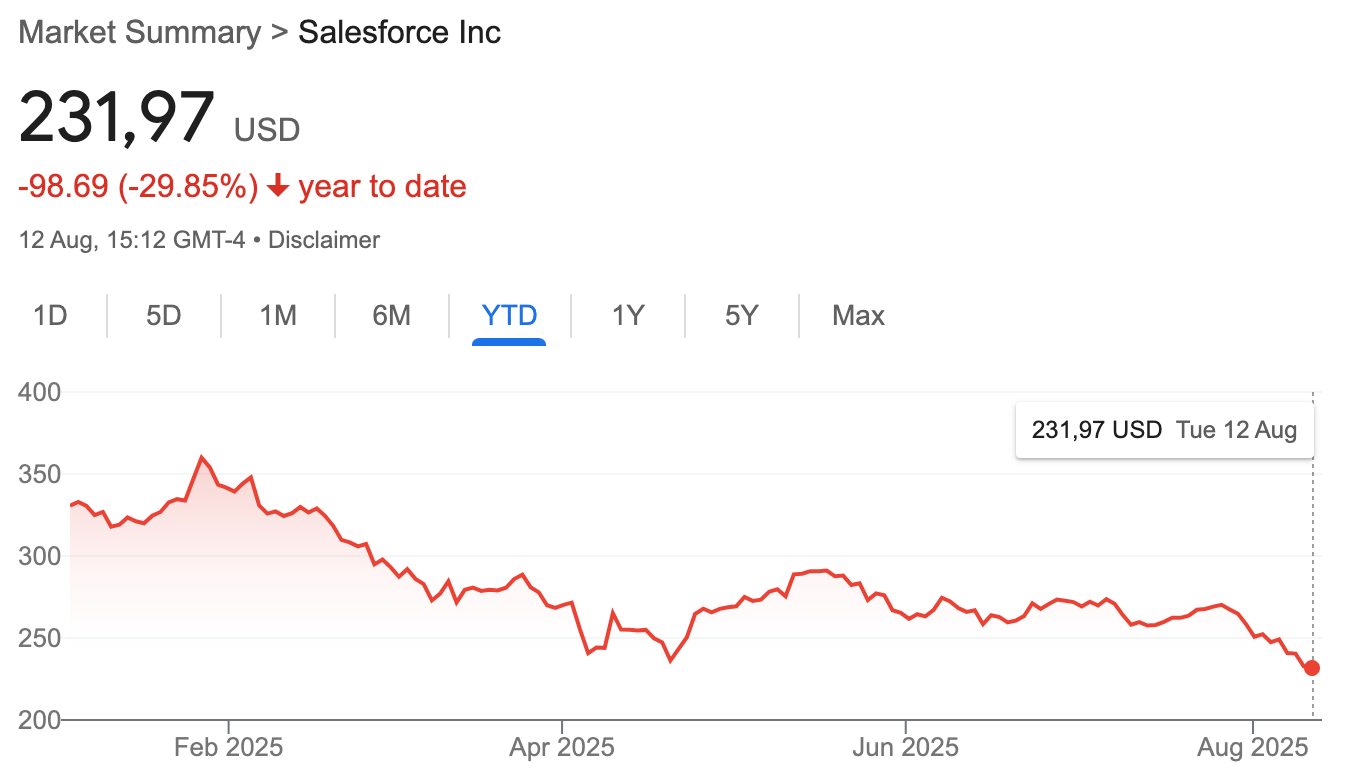
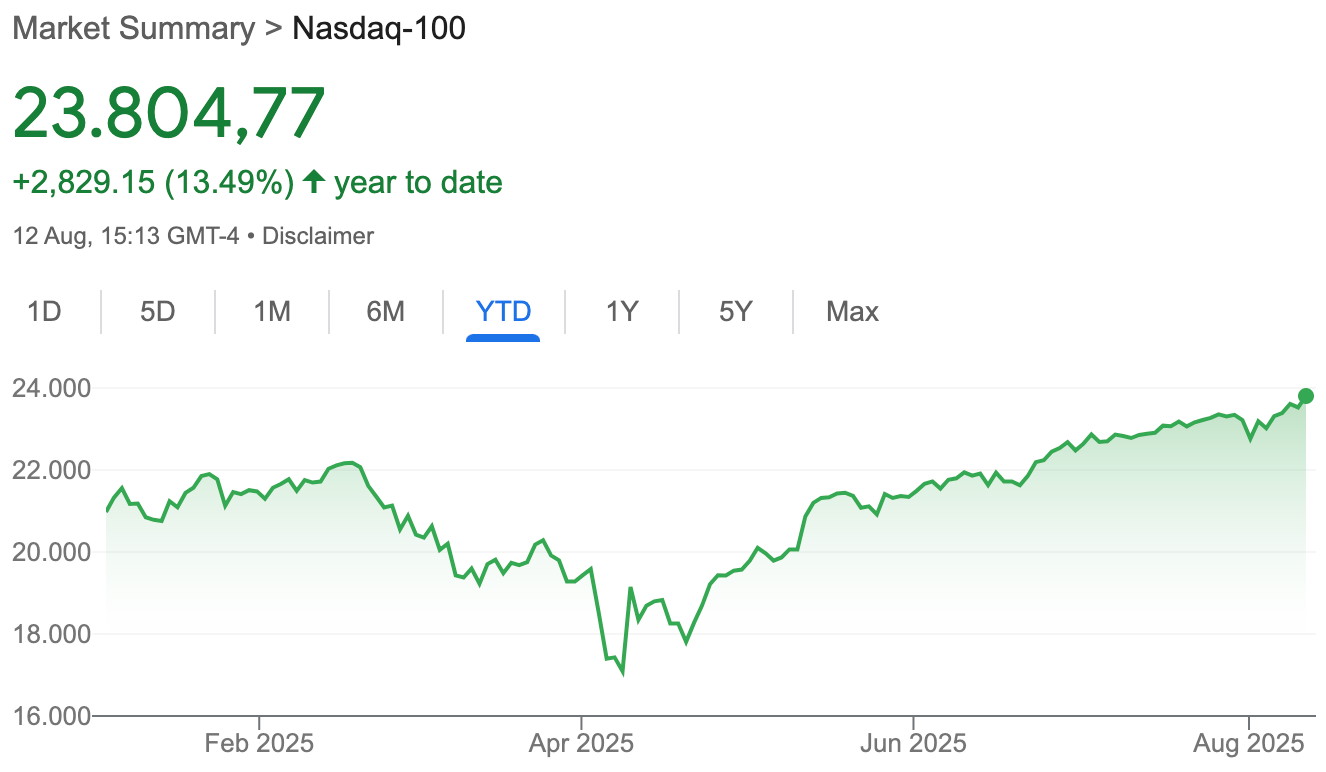

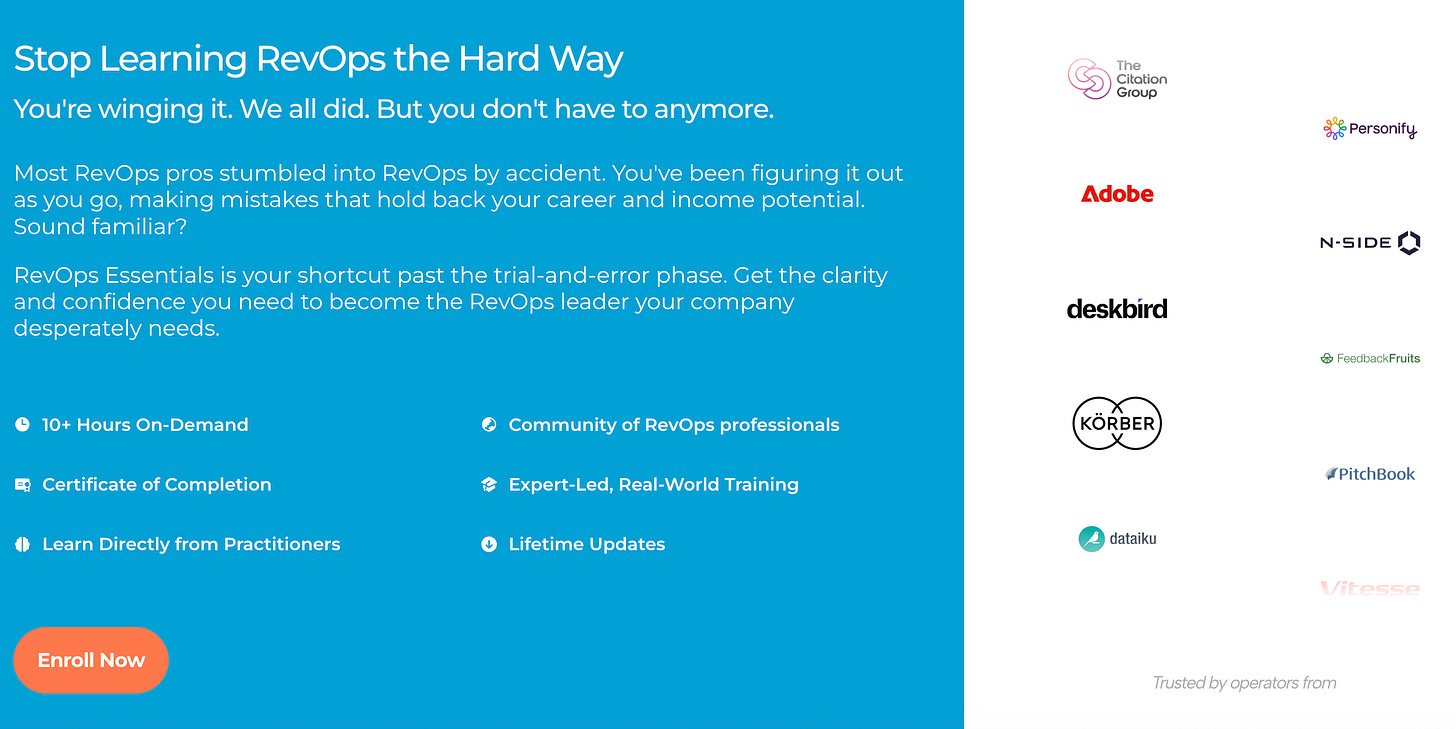
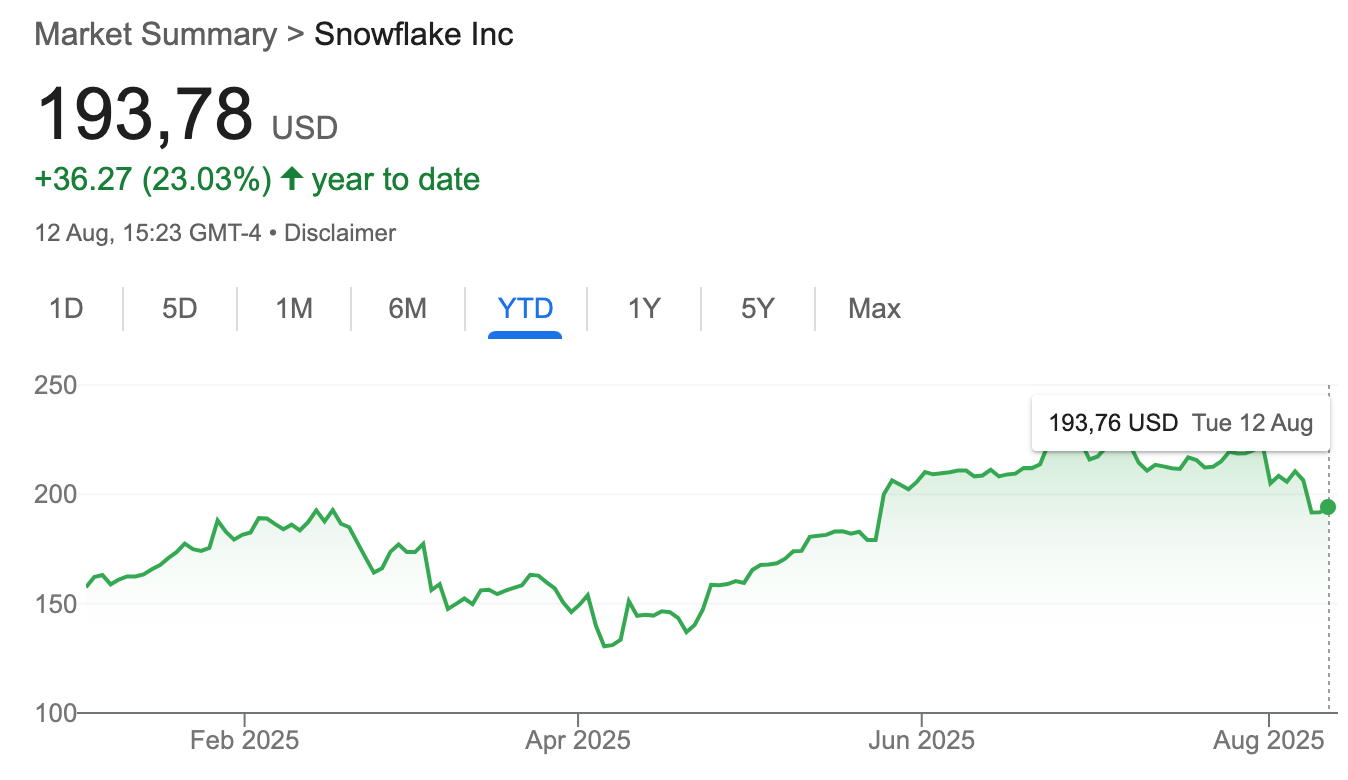



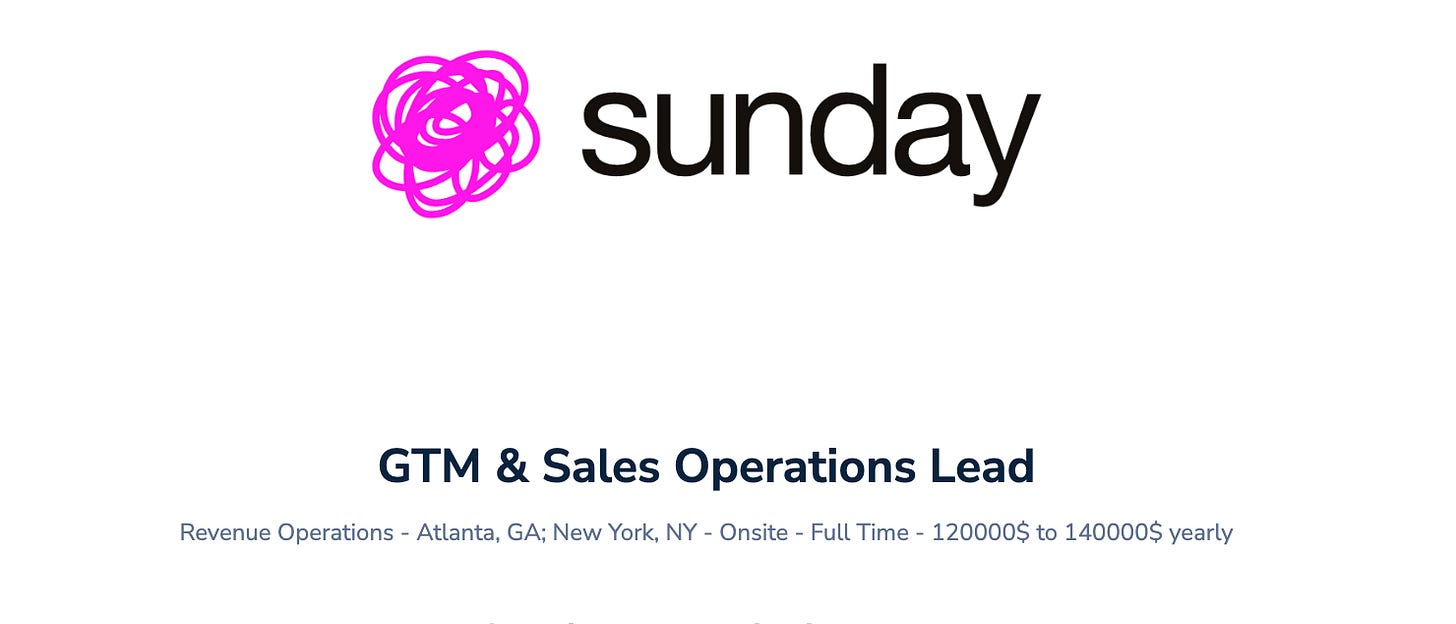
I can understand the subscription cost savings for this route.
But this seems like it will increase maintenance costs. I hope its right, but skeptical of the low range ChatGPT came up with for maintenance. What do you no longer have to maintain with a custom CRM, that you used to with Salesforce or HubSpot? Maintenance cost can only be lowered if there is less work, or work that takes less effort, with the custom CRM. Does that come from n8n, Clay, etc. being more capable than a Salesforce flow/HubSpot workflow?
What are you using for activity recording? Gong? Otter?
Also have you applied this to a company that is going to IPO or a public company? Are the auditors ok with it?